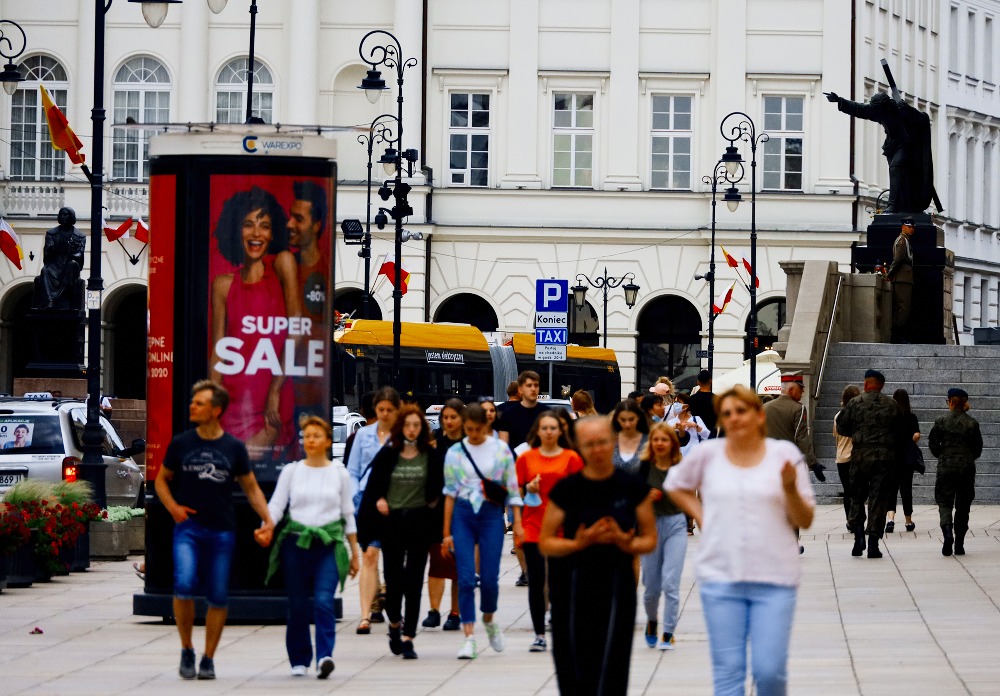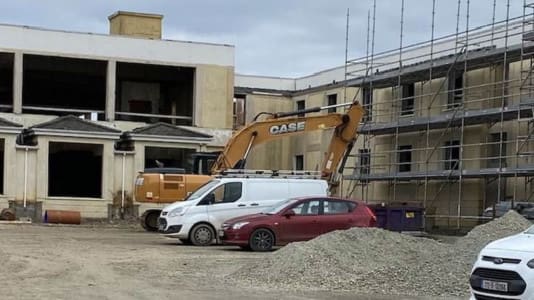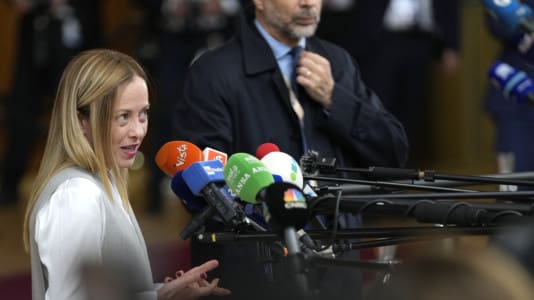Following the recent parliamentary elections in Poland, there have been several attempts to analyze the deeper social diagnosis of Polish citizens in the context of the current political and economic landscape.
Recently, at least several different groups of researchers and experts have ventured to present a comprehensive summary of Polish society after three decades of transformation and eight years of conservative rule.
Among them is the notable report titled “A Tired Community. What Unites and Divides Polish Society?”
As the title of the study suggests, Poles have grown exasperated with conflict, both figuratively with the European Union over funding and the rule of law, and the ongoing Ukrainian conflict in their backyard.
This could perhaps explain why a considerable percentage of the electorate voted for change last month.
However, this hides a paradox and a serious problem, as Poles increasingly desire peace and respite in a situation where the world around Poland is not just not peaceful but increasingly more dangerous.
Peace in dangerous times? It seems that this is the ideal of many Poles. This has very concrete consequences, which are evident in the report.
When asked about the Poland of their dreams, the majority responded that they desire a Poland that is safe, peaceful, democratic, and just. This is just the beginning of a long list of expectations, which, however, lacks one significant factor — strength.
Whether Poles like it or not, the primacy and importance of strength, both economically and militarily is returning.
It seems, therefore, that when facing this dangerous reality of the primacy of strength, many Poles react with a higher level of fear and uncertainty which, however, does not lead them to question what would constitute the strength of Poland and why they need this strength.
Perhaps strength still seems to them to be too vulgar and obscene, something that was supposed to disappear from our lives and become only history. Perhaps the question of a strong Poland is still more associated with nationalistic bombast than a real necessity.
However, ignorance as to the most important factor for a nation in what is effectively war-time in Europe does not seem to be wise. Will this closing of eyes to the return of the primacy of strength in the world give Poles the coveted peace they desire?





